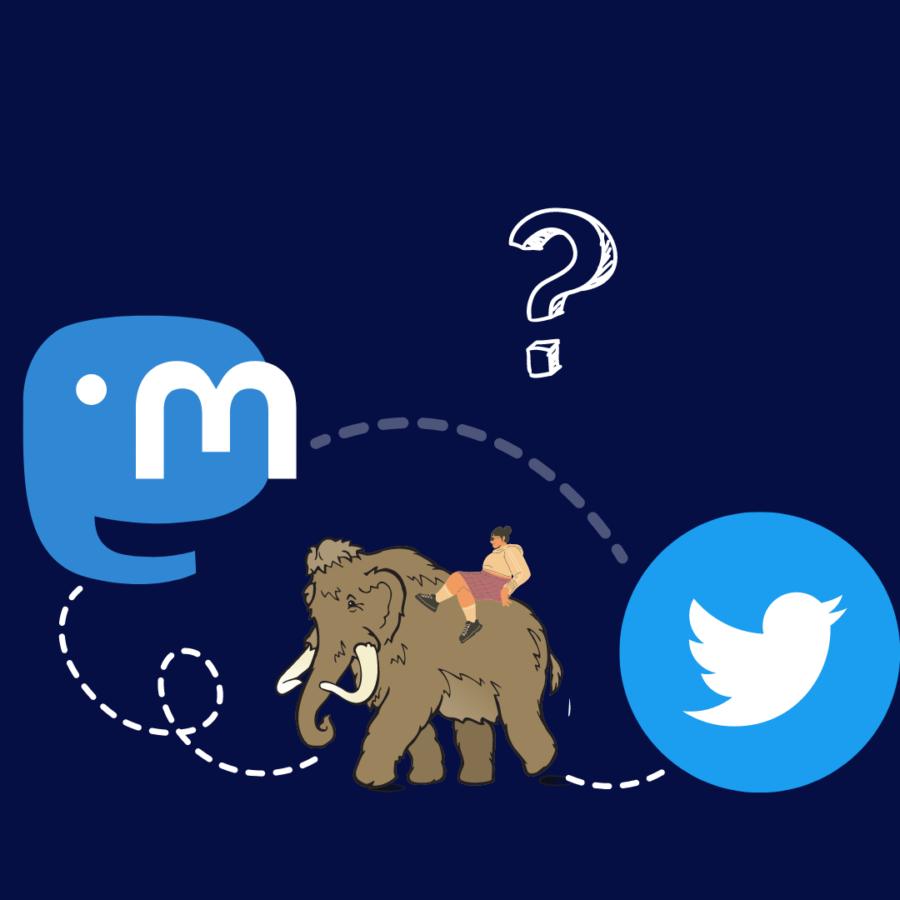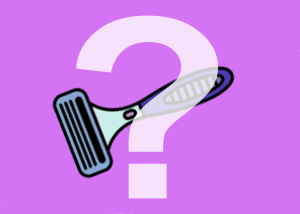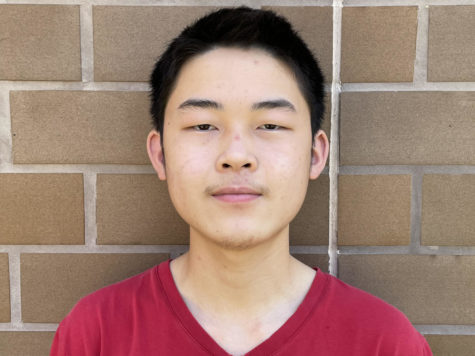Twitter and Mastodon raise questions about free speech and social media regulation
In light of Elon Musk’s takeover of Twitter, the rise of decentralized social media platforms like Mastodon has raised questions about the regulation of modern social media.
February 6, 2023
Amid concerns about hate speech and censorship following Elon Musk’s October 2022 acquisition of Twitter, many users have migrated to decentralized forms of social media such as Mastodon.
Though Musk’s vision for Twitter aimed to increase free speech and decrease censorship and regulation, some have viewed the resulting effects as just the opposite — catastrophic. According to data collected by the Center for Countering Digital Hate, there has been an unprecedented rise in hate speech on Twitter since Musk’s takeover: the usage of racist terms increased by 202%, homophobic terms by 58%, misogynistic terms by 33% and transphobic terms by 68%. And in December 2022, Musk’s decision to suspend the accounts of several journalists prompted further criticism regarding Twitter’s volatile online environment.
Consequently, many Twitter users have flocked to Mastodon, a platform created by German software engineer Eugen Rochko in March 2016. According to The Verge, the number of active Mastodon accounts has surged from roughly 300,000 to nearly 2.5 million in the months following Musk’s takeover of Twitter.
Like Twitter, Mastodon boasts key microblogging features such as liking, reposting and sharing content with others. But because of its open-source nature, Mastodon’s code is publicly available online, meaning that it cannot be bought or owned. Thus, this structure effectively eliminates the possibility of unfair or discriminatory regulation.
When a user creates a Mastodon account, they can choose one from a multitude of different servers to join; however, users from different servers can still follow and communicate with each other if they wish. Each server has its own rules and policies, allowing users the freedom to select communities that resonate best with them; for instance, Mastodon instances include those geared toward diverse groups like artists, hackers, activists or LGBTQ.
“It’s definitely very community-based and niche,” DVHS senior Neel Redkar said about his experience with the platform. “For Hack Club, we have our own sub-hosted Mastodon instance, and I’ve started using that to talk to my friends and post about my programming projects. It’s a nice sub-community.”
Because of Mastodon’s decentralization, it has gained popularity due to its potential to facilitate the creation of safe communities for marginalized groups.
“I think it’s great that they are thinking about creating safe spaces for non-white creators, politicians or activists,” DVHS AP Language teacher Yulee Kim said. “On the few social media platforms that I’m on, there will always be those nasty comments, so I feel like it takes more courage if you are a non-white author, Tweeter or Instagram poster.”
However, the deregulation of Mastodon also comes with several drawbacks, chief among them being the formation of online hate groups.
“The whole danger of echo chambers is that on separate servers, you really don’t know what the other side is thinking,” Kim explained. “So people who don’t use it have no idea how much hate has been fomented or gotten worse. And not only do you have this group of people who are oblivious to that growing hate, but who knows if that’s ever going to surface into some kind of riot or real life violence. So it’s a terrifying thought that now you just sincerely don’t know what the other side is talking about.”
In addition, the compartmentalization and decentralization of Mastodon servers has also prompted questions about its ability to fully replace centralized social media like Facebook or Twitter. For instance, the separation of members into different servers could make it more difficult to connect with others.
“Twitter is important for connections and reaching out to people, whereas Mastodon is good for people that you already know,” Redkar noted. “For example, Twitter allows me to get in touch with researchers, so they might be tweeting about their new research article, and I can contact them like ‘Oh, I have a couple of questions about that.’ It’s a lot harder to have that kind of community on Mastodon, because it doesn’t have the algorithms to do that.”
Because of this, many have questioned the feasibility of switching from an established platform like Twitter to a more experimental one like Mastodon.
“I think the mass jump from Twitter to Mastodon isn’t very justified, because while I feel like Elon Musk made a couple changes that weren’t great, Twitter still has a lot more people and companies online,” Redkar said. “There’s a large amount of social inertia that needs to go towards switching from Twitter to Mastodon, and inevitably most people aren’t going to switch over. So if you’re using Twitter for connections or talking to or meeting new people, Twitter is still the way to go.”
Thus, the complications associated with switching from one platform to another has posed challenges for Mastodon’s growth and could hinder its long-term popularity.
“I follow a lot of authors, authors and activists, and they have some really incredible tweets,” Kim said. “So it would be a shame for them to just stop using Twitter, because then what do you do with all that old content?”
Overall, while the futures of Twitter and Mastodon remain uncertain, the balance between free speech and regulation remains a question that all social media platforms must grapple with.







